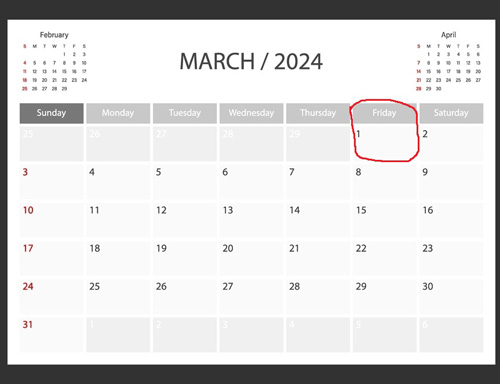Other reactions were generally of “disappointment” at the delay (see letsrecycle.com story), while CIWM said the later date should help provide for a “smooth rollout”.

Circularity Scotland
Currently setting up Scotland’s DRS, Circularity Scotland is responsible for the delivery and ongoing organisation of the DRS. In a statement responding to the delay, it said that while the organisation was fully prepared to deliver the DRS on the earlier proposed date of 16 August 2023, “the scheme launch date is a policy matter for the Scottish Government”.
Circularity Scotland added: “We urge all producers and retailers who have yet to register for the scheme to contact us so we can support them through the registration process.”
The organisation also noted that the new launch date gives businesses almost 10 months to prepare and those businesses who have yet to register now have until 12 January, 2024, to do so.
And, Circularity Scotland emphasised: “It remains the case that the Deposit Return Scheme is a vital element in Scotland’s path to Net Zero and will prevent billions of bottles and cans every year from ending up as waste and polluting our landscape. We remain fully committed to delivering a scheme that works for Scotland and will be working closely with all stakeholders to ensure its success.”
CIWM

The Chartered Institution for Wastes Management (CIWM) said it was disappointed to hear that the Scottish DRS will be delayed for a further 10 months “but understands the reasons why this has to be so”.
Lee Marshall, policy and external affairs director at CIWM said: “The effect of the DRS on small Scottish businesses needs to be carefully considered to ensure that they are not disproportionately affected. Implementing a DRS is a huge logistical operation to get off the ground and mobilisation was always going to be a challenge.
“A delay until March 2024 should provide Circularity Scotland with enough time to ensure a smooth rollout. CIWM and its Scottish membership stand ready to help the Scottish government in any way it can to shape the DRS so that it can have the desired effects of reducing litter and increasing the quality of recycling in Scotland.”
Friends of the Earth
Environmental campaigners, including Friends of the Earth, said they were dismayed by the news of the delay.
The latest postponement will mean that 2.5 billion more drinks containers will have been littered, landfilled or incinerated than if it had gone ahead as planned, claimed Friends of the Earth.
It said that “Hundreds of Scottish producers and businesses, accounting for over 95% of Scottish drinks containers, have already registered to take part in the scheme from August and completed the necessary preparation to do so, including the biggest producers of single use drinks cans in the country.”
Kim Pratt, circular economy campaigner at Friends of the Earth Scotland, said: “This delay marks a shameful breaking of promises which will ultimately be paid for by the people of Scotland and the environment. Over 70% of people in Scotland support the deposit return scheme, but the First Minister has decided to put corporate interests and politics before people and the planet.”
Recycling Association

The Recycling Association, which primarily represents the waste and recovered paper sector, said it made sense to get the policy right and for all UK nations to have the same implementation date, “most likely in 2025”.
Recycling Association chief executive Paul Sanderson said a digital DRS system should be adopted with the public scanning bottles on their smart phones at home and putting the bottles in the recycling bin.
Mr Sanderson said: “Scanning bottles at home using a smart phone before putting it in the required recycling bin is more carbon efficient as it reduces vehicle journeys, and means some of the best value material isn’t cherry-picked out of kerbside collections. We believe that emphasis should be placed on developing digital DRS across the UK rather than spending millions on infrastructure for physical DRS.”
City to Sea
The City to Sea pressure group said the delay was a chance for Westminsiter to catch up and match Scottish levels of ambition.
City to Sea’s policy manager, Steve Hynd, said: “This disappointing delay in Scotland is also a perfect opportunity for Westminster. They could, right now, pledge to match Scottish levels of ambition in accepting glass – as their own consultation encouraged them to – and to match the new Scottish timetable. Deposit Return Schemes work best when they are simple, universal in accepting all materials and sizes of containers, and work to actively encourage refill and reuse and not just recycling. As it stands Westminster has plans for a less ambitious DRS than Scotland that isn’t universal and doesn’t incentivise refill and reuse.”
Aluminium
Tom Giddings, executive director of Alupro, said the delay would allow for changes to the Scottish scheme including changing the 20p charge to make it vary by container size.
He argued that the 20p deposit structure “must change from the current flat 20p per container to a deposit that varies by container size if we are to minimise collateral economic damage to the aluminium can sector and stop incentivising more plastic bottles on our shelves.”





Subscribe for free